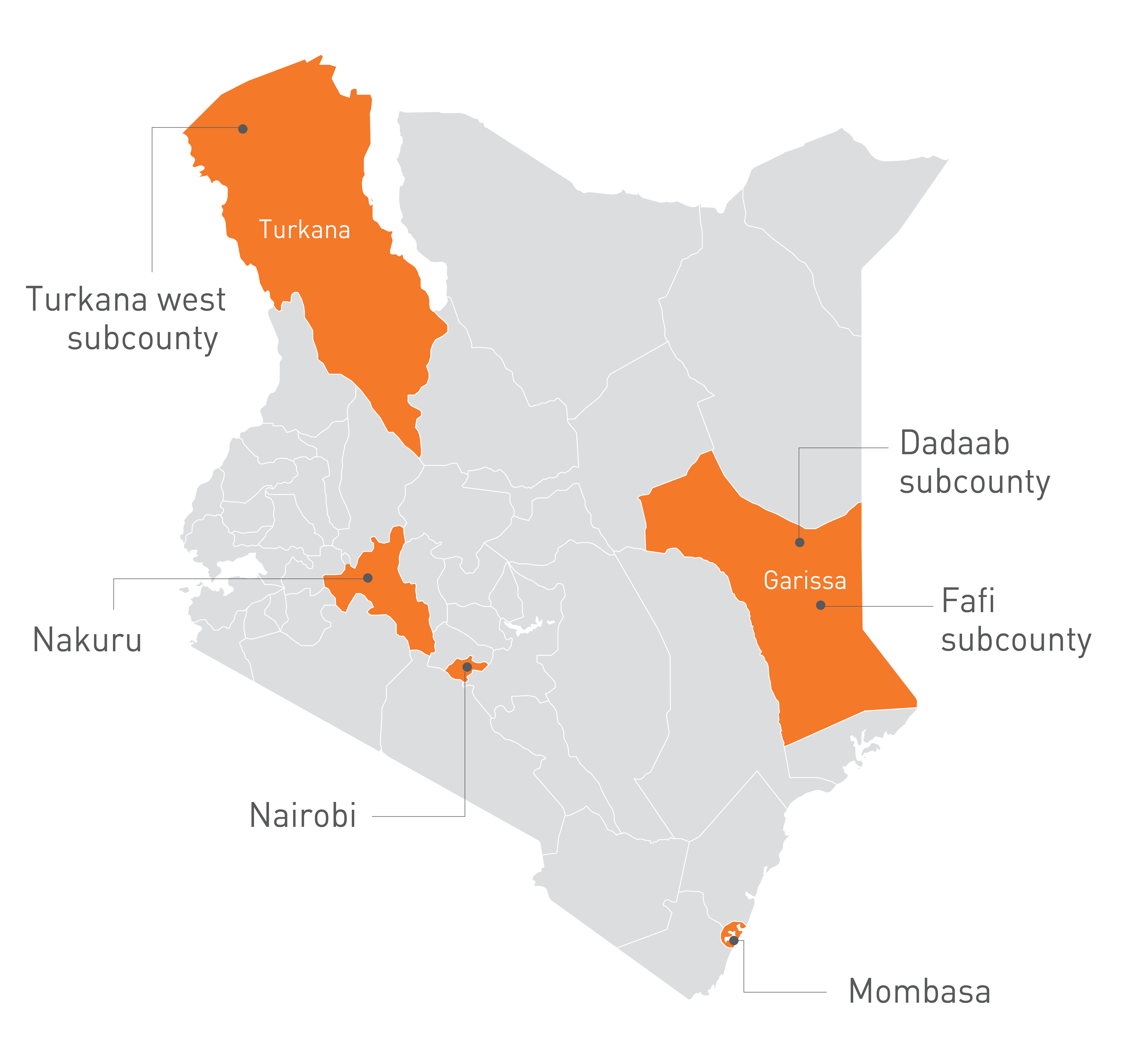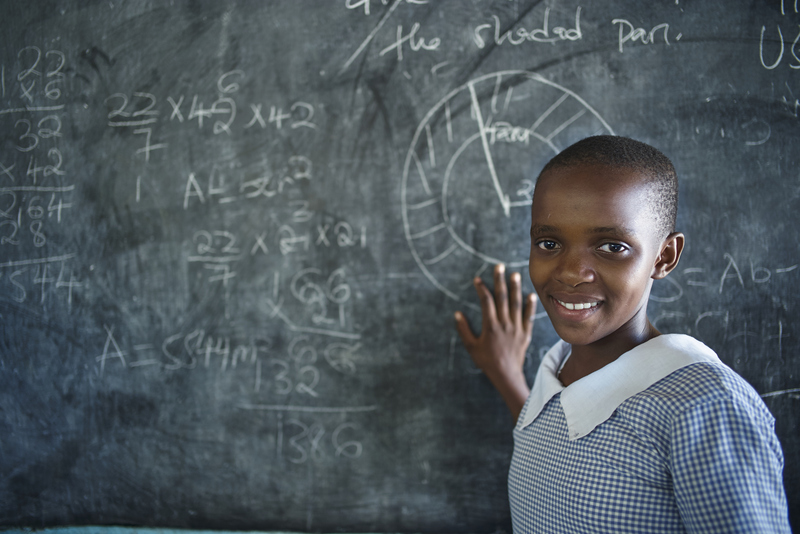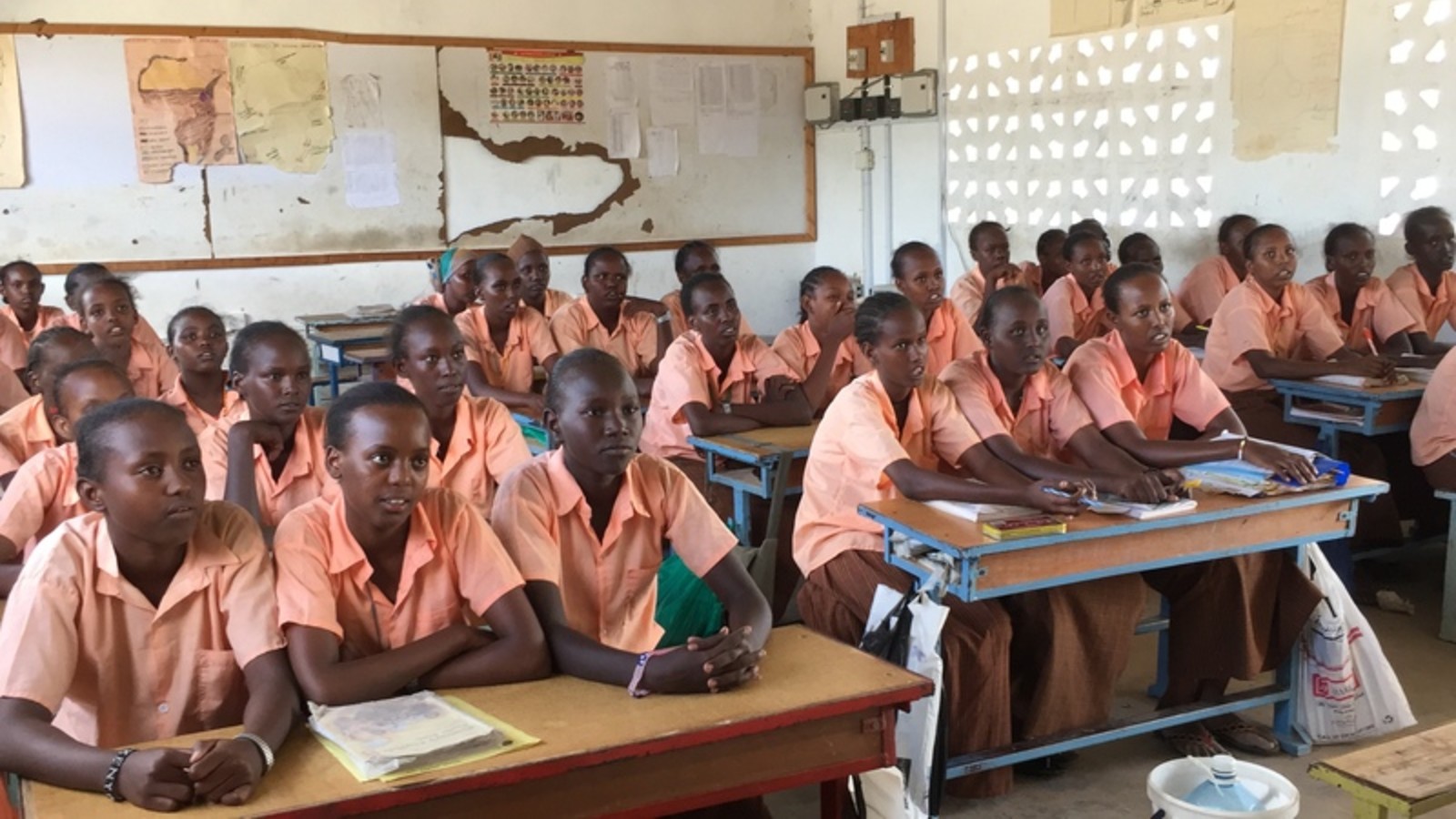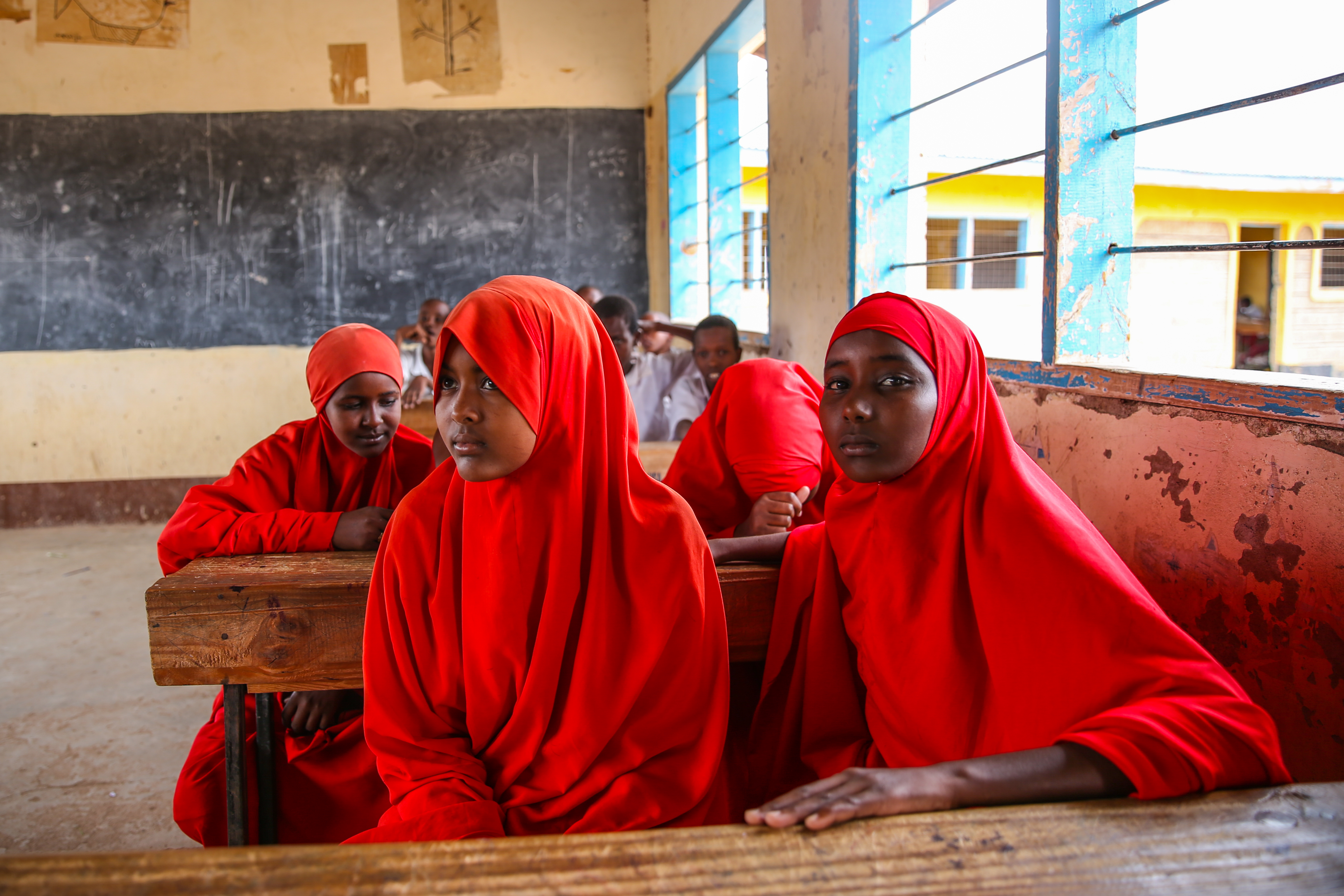ECW in Kenya
Kenya hosts more than half a million refugees and asylum-seekers – over half of whom are children and adolescents. Many refugee families are marginalized and live in poverty, with limited access to basic services, including education. The COVID-19 pandemic exacerbated pre-existing inequalities and vulnerabilities. With the closure of schools, many refugees and marginalized children and adolescents could not access remote learning opportunities, putting them at risk of never returning to school. To respond to the crisis, Education Cannot Wait (ECW) launched a First Emergency Response (FER) to support partners in providing remote learning resources, improving sanitation in schools, increasing teacher capacity and supporting children with disabilities. All activities related to this FER concluded in 2021.

Investments
Financial Information
National Counterparts
Ministry of Education
Additional Results
- Number of teachers/administrators that demonstrate increased knowledge on subject knowledge, curriculum and/or pedagogy: 1,733
- Number of adolescents girls who receive menstrual care kits, female hygiene kits or similar assistance: 11,050
- Number of teachers/ administrators trained in mental health and psychosocial and psychological support topics: 195
COVID-19 Results
Programme Info

The education sector was heavily impacted by COVID-19. The pandemic led to national school closures, drastically increasing the number of out-of-school children and adolescents. The resources and infrastructure did not support remote learning environments. Even as schools reopened in January 2021, safety was a concern due to overcrowded classrooms, minimal training for educators and a lack of water, sanitation and hygiene (WASH) facilities in learning environments.
Due to the interruption of education caused by COVID-19, many refugee children and adolescents are at risk of never returning to school, further marginalizing them and putting them at increased risk of abuse and exploitation.
To support refugee and host community children in Kenya, ECW launched a First Emergency Response (FER). The programme supported partners to provide remote learning opportunities during school closures and created new water, sanitation and hygiene (WASH) facilities to establish safer learning environments and address urgent needs. Additionally, funding supported training for educators across an array of areas to improve capacity and address students’ needs. To promote inclusion, grantees held community engagement events and awareness campaigns to advocate for the rights of children with disabilities. Currently, there is no ECW programme in Kenya.
Programme Components
- Engaging community members. Grantees hosted community engagement sessions and launched campaigns to promote rights and increase awareness of children and individuals with disabilities.
- Ensuring access to hygiene facilities. Provided schools with improved WASH facilities that are accessible to children with disabilities and are gender segregated. Grantees ensured schools had access to clean drinking water.
- Increasing educator capacity. Funding provided training for teachers on gender, inclusion, online platforms, mental health and psychosocial support (MHPSS) services, hygiene and lesson planning. Educators received daily learning kits to distribute, along with specialized plans for children with disabilities.
- Provide remote learning opportunities. Grantees provided remote learning platforms through radios, online tools, SMS-based platforms and airtime for educators to reach children at home.
For more information on ECW's work in Kenya, please contact Graham Lang (glang@un-ecw.org).




